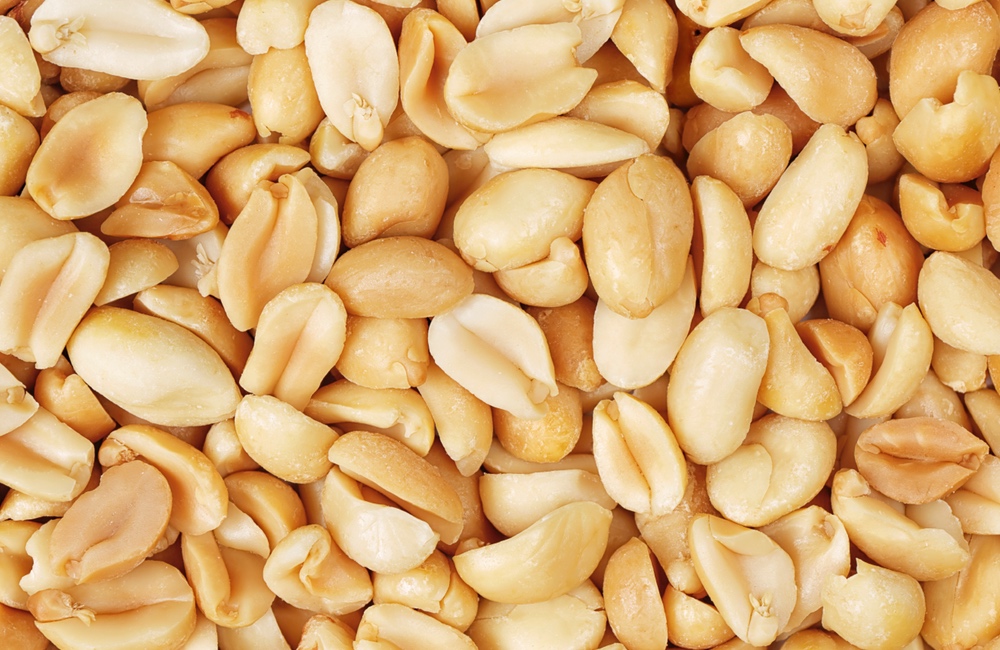Restaurants and bars that serve peanuts to keep you occupied while you wait for your meal or nurse your drink may be on to something healthy without even realizing it. A new study suggests that eating peanuts with a meal could help protect against cardiovascular disease, the leading cause of death in the US.
Researchers at Penn State had 15 healthy overweight and obese men eat about three ounces of peanuts with a high-fat meal to study the effect on triglycerides, a type of fat in the blood, after the meal. Spikes in triglycerides can increase the risk of cardiovascular disease which includes heart attack and stroke.
Not only were triglycerides 32 percent lower in men who had peanuts with a meal, but ultrasounds of their arteries showed they were more elastic and had better blood flow. The researchers believe peanuts reduce the rise in triglycerides after a meal and help keep the cells that line the arteries healthy and more flexible.Stiff arteries can lead to heart failure because limited blood flow makes the heart have to work harder and harder.
Ideally, arteries should be dilated and very elastic. When arteries stiffen, the availability of nitric oxide is limited and arteries don’t open as much. Over time, stiff arteries can lead to heart failure because limited blood flow makes the heart have to work harder and harder.
One ounce of peanuts is considered a serving, and this study used three times that amount. Though the peanuts were served ground up and in a shake for the purposes of the study, just eating peanuts would cause the same result, according to the researchers.
Additional studies are needed that include more people and women, but in the meantime, enjoy your peanuts in moderation, keeping in mind that they are high in calories (and often, salt), and that being overweight is also a risk factor for cardiovascular disease.
The study is published in the Journal of Nutrition.





